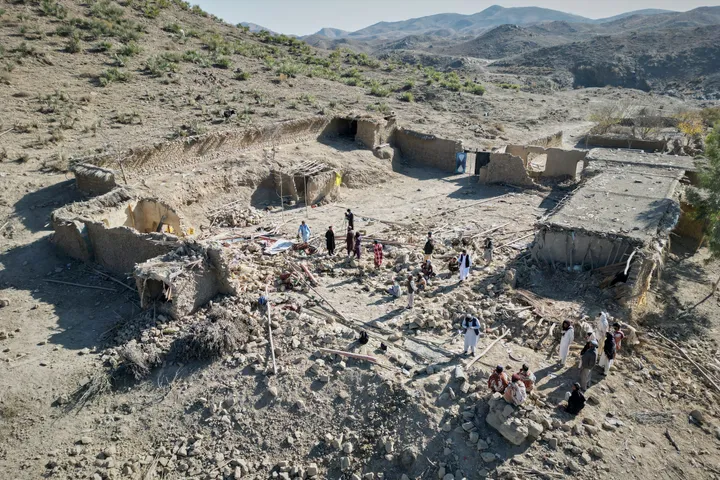The decision by France's top administrative court, the Council of State, to rubber-stamp the judgment made by French authorities last year closing the country's leading civil society organisation fighting against Islamophobia has been condemned by international human rights organisations.
In December 2020, the right-wing French Interior Minister Gerald Darmanin dissolved the Collective Against Islamophobia in France (CCIF) on the grounds that its work, fighting against widespread Islamophobia in the country, constituted a threat to the state.
Following the latest court ruling against CCIF, Human Rights Watch said the decision "seriously damages the country's self-proclaimed reputation as a champion of freedom of expression and association."
Now, the French government is targeting the sister organisation of CCIF, the Collective for Countering Islamophobia in Europe (CCIE), which is based in neighbouring Belgium.
In a series of tweets earlier this week when CCIE posted snippets of quotes from an interview by Darmanin, the French President's right-hand man in targeting Muslims in the country, Paris was quick to attack the organisation.
In a recent interview, the country's interior minister described his joy at "spreading terror" against Muslim individuals and organisations that the government accuses of being "radical."
Public Muslim figures and scholars in mosques that speak out against discrimination and institutional racism are among the individuals that the French state now considers a danger to society.
Following the CCIE's comments on Twitter, a French government Twitter account was quick to attack the organisation calling it "an Islamist structure which has only one goal: to incite hatred of France and the French."
In response to the French government's attempt to silence the organisation, CCIE responded that "We are not targeting 'France'. We criticise the words of two ministers in an interview published on September 28, 2021, in Le Figaro. This is what civil society organisations do in a democratic state."
With France entering into an election year, President Emmanual Macron, in a bid to ward off the electoral threat from the far-right, has to go after the country's Muslim community framing Islam as the enemy within.
Last month Macron's hardline interior minister, Gerald Darmanin, closed down a Muslim publishing house for selling books promoting Islamic history on key Muslim figures who fought in the name of the faith.
According to the minister, the publishing house "Nawa Editions" has an editorial line that is "anti-universalist and indirect contestation of Western values," adding that it "distributed several works legitimising jihad."
One such work includes a biography of the seventh-century Muslim military commander Khalid ibn al-Walid.
As part of the country's war on "extremism" earlier this year, the French parliament moved to ban Muslim women from attending their children's school trips while wearing the hijab, a symbol it sees as a threat to all the things the Republic stands for.
Earlier this year, Macron's government pressured the Muslim community to adopt a so-called "Charter of Imams."
In Article 9, the charter states that the "denunciation of alleged State racism" will be considered an act of "defamation." Victim-blaming, the document even says that speaking about state racism "exacerbates both anti-Muslim hatred and anti-France hatred."
The document also seeks to ban mosques from engaging in "political speeches about foreign conflicts." Discussions about political injustices worldwide, humanitarian crises in Palestine or Mali, places where France finds itself in a less than flattering position, could be deemed a form of extremism, or worse, separatism. In addition, speeches in mosques "hostile to French foreign policy" will also be banned.
In the latest polls ahead of the 2022 presidential elections, Macron is expected to win by 56 percent of the vote in the second round, an 11 point drop from his 2017 result. Whereas his right-wing challenger Marine Le Pen is predicted to win 44 percent of the vote, an 11 point increase on the 2017 result, which would be a high watermark for the movement.























